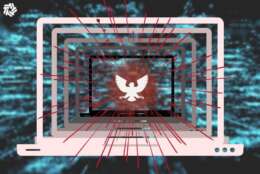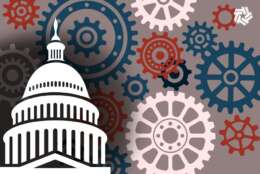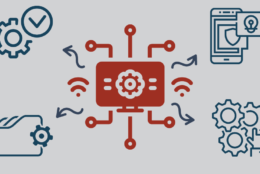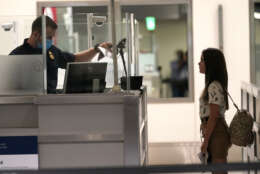Automation
-
Federal organizations like the Defense Department and agencies in the intelligence community manage large volumes of highly sensitive information. To protect that data, they operate classified networks that must meet specific cybersecurity guidelines.
January 18, 2023 -
In the last year, the Cybersecurity & Infrastructure Security Agency and executive orders from the Biden administration have assigned various new security mandates focused on zero trust.
January 17, 2023 -
The past year has seen countless headlines about how tech and retail behemoths are making enormous investments in the metaverse.
January 13, 2023 -
For government agencies conscientious of creating a work environment that encourages long-term employee commitment and fuels career advancement, deploying automation technology in the workplace will be crucial.
December 26, 2022 -
NASA runs on software, as do many federal agencies. Rockets are what they are known for, sure, but controlling them and interpreting data, even handling human resources and finances all require software. Currently, NASA is in development of over 1,000 software features leveraging agile.
December 14, 2022 -
Host Dave Wennergren speaks with four more outstanding federal technology leaders who recently received ACT-IAC 2022 Executive Leadership Awards.
December 08, 2022 -
Can robots teach themselves new tricks? In theory they can, according to researchers at the U.S. Naval Research Laboratory. In a new white paper, they lay out how robots, like people, can learn by using a curriculum and a learning agenda.
November 30, 2022 -
Robin Crisp, an IT officer in the Office of the Chief Information Officer’s Business Application Services at the Labor Department, said the Office of Workers’ Compensation Program started digital signatures with two forms and now plans to expand to other programs.
November 14, 2022 -
Agencies are also considering new FOIA tools that leverage automation and machine learning, while a "FOIA wizard" is in the works.
November 08, 2022 -
Digital services and modernization are pillars of the Biden administration's management agenda. These efforts don't just matter to federal agencies, though, business is thoroughly behind efforts to streamline government services.
November 08, 2022 -
With an AI-based, GPU-driven solution, organizations and governments will be able to collaborate while being armed with a proactive approach to defend from future attacks and protect America’s most sensitive data.
October 27, 2022 -
The new system is expected to roll out with 99 deployments at 123 sites worldwide over the next three years.
October 26, 2022 -
TSA is looking to scale up a pilot program that uses CBP's "Traveler Verification Service" to check the identity of travelers at airports.
October 11, 2022 -
A new group convened to study strategic technology competition issues facing the United States is urging policymakers to establish a “new public-private model” for marshaling U.S. resources in the emerging tech race with China.
September 12, 2022 -
NARA is looking at expanding the "Capstone" email retention approach to text messages, chat and other digital forms of communications.
September 05, 2022















